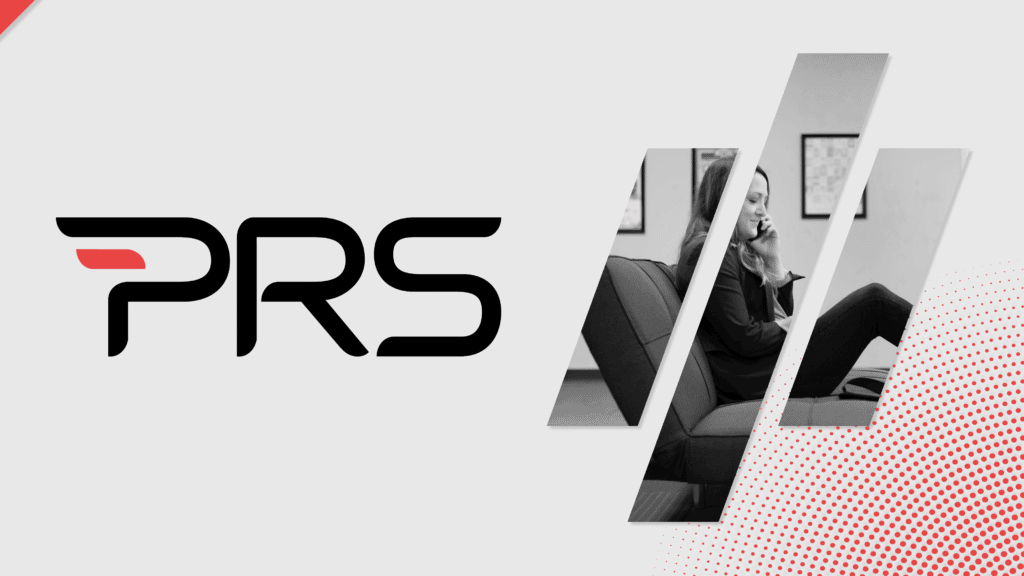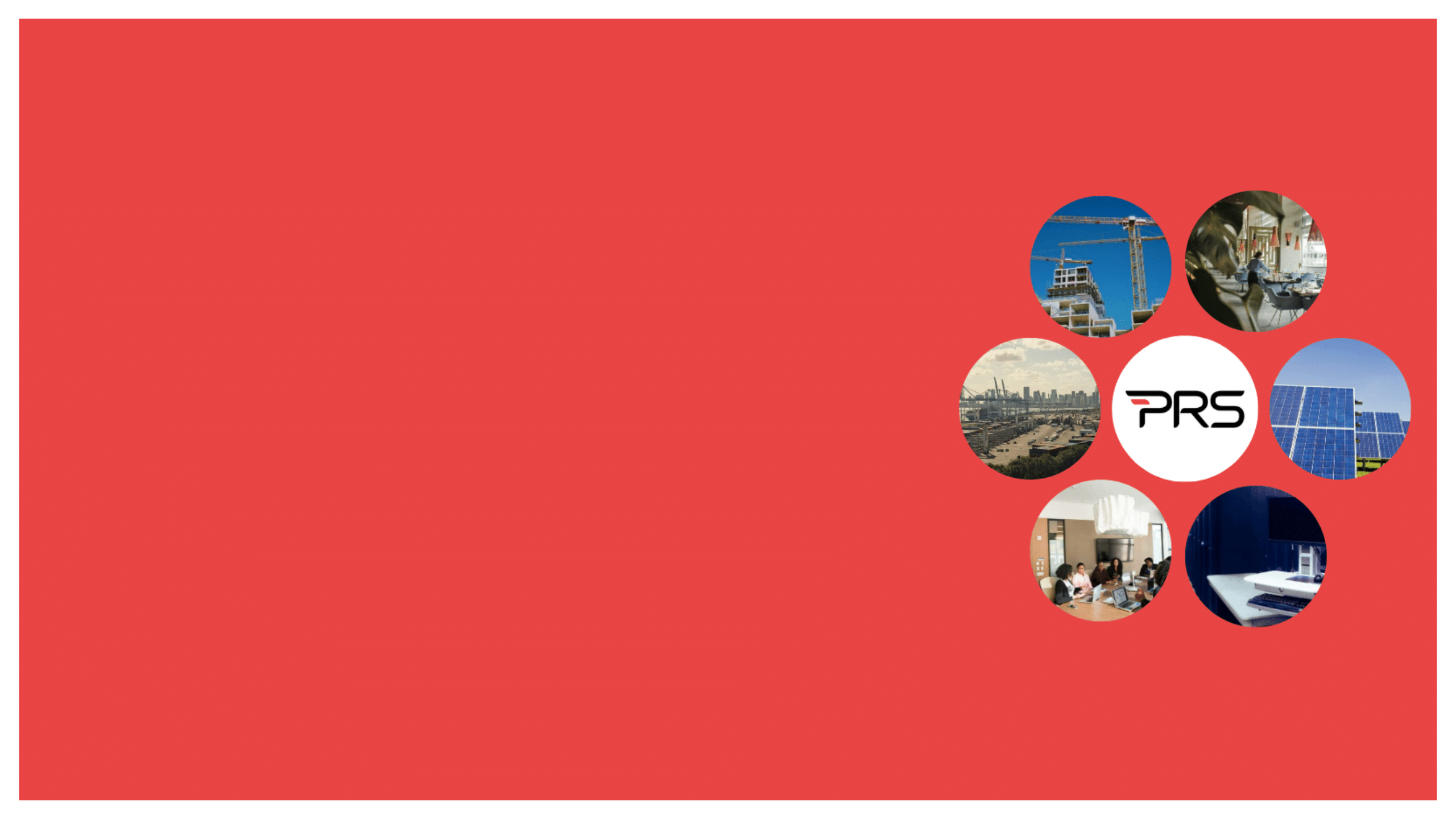The role of facilities management in maintaining and improving building performance
As a facilities management professional, it may not always be at the top of your agenda to improve building performance as well as maintaining it, but this is now a crucial factor for organisations looking to make their buildings greener and more sustainable.
Here, we look at how facilities managers are responsible for both maintaining and improving building performance.
Ensuring the building is energy efficient
Making sure your facilities are more energy efficient is not only beneficial for the environment – it can also save a significant amount of money.
Facilities managers can identify how much is being spent on electricity, water and gas, and then conduct research into how each area can be made more efficient for the overall building.
For example, if lights are being left on in offices or communal areas within a building 24 hours a day, it would be more energy efficient and cost effective to install sensors, ensuring lights are only on when the room or area is occupied.
Harbouring a safe and healthy environment
The Covid-19 pandemic was a prime example of how facilities management plays a crucial role in ensuring people are kept safe and healthy within any type of shared space.
Despite Covid restrictions being a thing of the past, many facilities have kept a number of pandemic-protocols in place to maintain a safe and healthy environment, including:
- Hand sanitising stations
- Monitoring the number of people occupying the building
- Robust cleaning schedules
- Masks to be worn in certain areas, such as doctors’ offices
- Installing automatic doors to avoid contamination
Promoting a safe and healthy environment as a facilities manager not only improves building performance, but also ensures all people who are inside the facilities are aware of such measures.
Auditing the layout, lighting and temperature
Factors such as the layout of an office or facility, ample natural sunlight and a manageable temperature all contribute to people feeling more comfortable and productive.
The positioning of the desks, equipment or machinery is the facilities manager’s responsibility and can have a noticeable impact on people’s production. Dark and dim spaces are not optimal for accomplishing work or in a living space, and may deter people from choosing a specific location as their workplace or home. Plus, much of a person’s comfort is often determined by how hot or cold they are, meaning that facilities managers are also responsible for monitoring the HVAC systems within their building.
If certain areas are poorly laid out, have dim lighting or are too hot or cold, it is likely that the facilities manager will audit and adjust where possible to improve building performance.
Using technology to your advantage
Avoiding any manual processes where possible is the key for anyone working within a facilities management role.
Not only does it save time on long, laborious tasks, it also minimises time wastage and makes your overall day more productive and efficient.
For example, investing in tech in the following areas will save time and money, as well as improving the overall building performance:
- Systems to monitor how many people are coming in and out of the building
- Automatically generated HVAC systems
- Automatic lighting powered by sensors
- Facial recognition where required
- Touchless visitor management systems
- CCTV footage to ensure the safety of those occupying the building
- Scannable cards for anyone accessing the building
- BIM technology
- Software to monitor how much money is being spent on energy bills, and what can be reduced
- Registration plate scanning for parking accessibility
- Utilising strategic space-planning tools
- Sustainability and risk management software
When operations are automated and streamlined through the use of tech, facilities managers are more able to monitor the areas which they are responsible for, as opposed to multitasking and being unable to improve building performance and efficiency.
Get in touch
Are you looking for a new technical facilities management job?
Do you have facilities management experience and want to discuss how to find your next challenge?
Contact the specialist technical facilities management recruitment team at PRS to discuss your career goals and any opportunities they have available.
Share Article
Related Articles

Facilities Management Recruitment: Where Are the Best Jobs Right Now?
Facilities Management Recruitment: Where Are The Best Jobs Right Now? Facilities management has always been a crucial part of keeping businesses running smoothly, and now, more than ever, the sector is buzzing with opportunity. Whether you’re a seasoned facilities manager or just getting started, there’s a huge demand for talent across the UK. So, where…

Top Interview Questions for Hiring Facilities Management Professionals
When recruiting facilities management professionals, asking the right interview questions is crucial for identifying candidates with the technical skills, leadership qualities and problem-solving abilities necessary for success. As recruitment specialists with extensive experience in the facilities management sector, we understand the unique challenges you face when building your team. Key Interview Questions to Ask Facilities…
